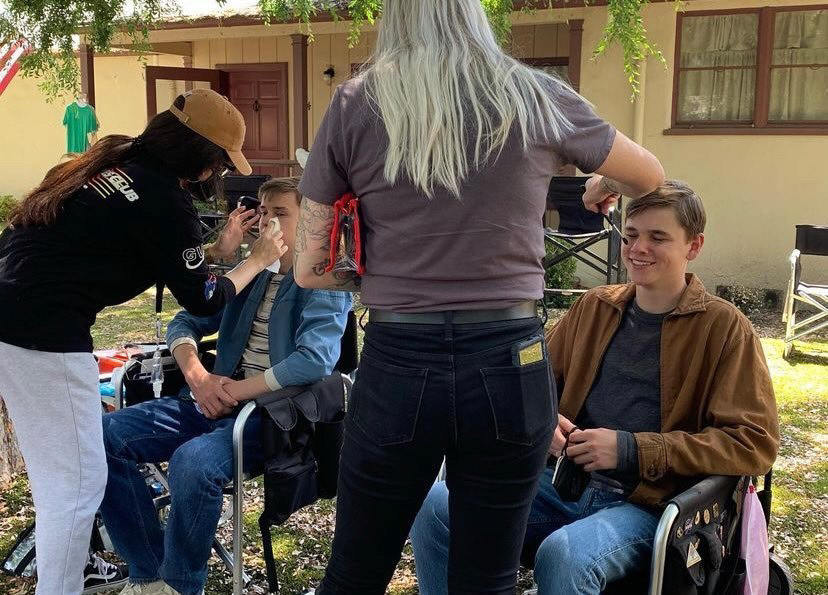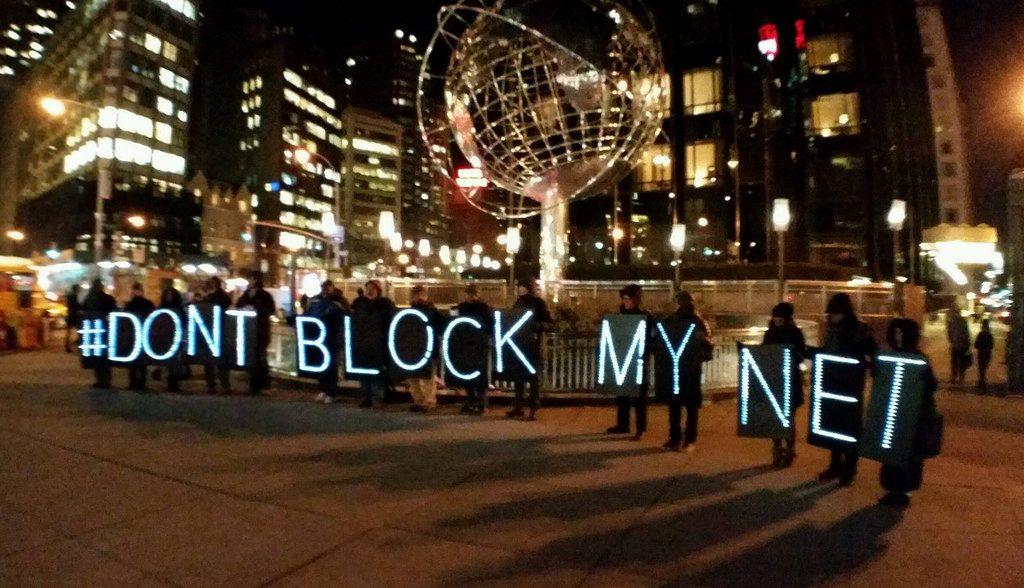//Brendan O’Keeffe//
The vast majority of Americans who have weighed in on the recent net neutrality issue have strongly advocated for the current laws to remain in place, so how has the issue managed to make it this far?
In order to answer such a question, one must first understand who is attacking net neutrality in first place. Big cable and big phone companies along with their respective lobbyists have been pushing for new laws regarding net neutrality since the Federal Communications Commission (FCC) adopted the current laws in 2015. Despite these rules, opponents of neutrality in Congress have done everything imaginable to undermine them. The enemies of net neutrality don’t always need powerful friends, as they often are powerful enough already: being members of Congress, lawyers, etc.
The people have spoken out against net neutrality time and time again, but time is running out. The FCC will vote on the matter on December 14th of this year. Leading the charge is none other than Ajit Pai, the current chairman of the FCC. Before becoming the face of the commision, Pai was a lawyer for Verizon, where he fought against regulations that would protect Verizon’s competitors. Pai explained that the proposal to kill net neutrality is a step in the right direction; one that would allow the government to ‘‘stop micromanaging the Internet.’’ “Instead the FCC would simply require Internet service providers to be transparent about their practices so that consumers can buy the best service plan for them,” Pai said in a statement in early November.
So what happens on the 14th? The FCC’s executive board will hold a meeting behind closed doors, with the five of them voting if Pai’s proposal will be approved or if the current state of the web will continue. The board of executives is made up of two Democrats and three Republicans, all of them with a history of voting along their respective party lines. So if your take on the issue is mutual with majority of Americans, things are not looking good.
Now I wanted to take advantage of the opportunity to talk about net neutrality, but I didn’t want this to just inform the reader as to what it is, rather it is better to speak about what the implications are circulating around it. Should the proposal get through, various Internet Service Providers (ISPs) will be able to manipulate the consumer to their desire. They will have the ability to charge as much as they please as long as they inform you about how they are raising their rates. Everyday online activities such as streaming audio and/or video will come with an additional monthly charge. For example, browsing the web might cost a consumer $40 a month, but if you want to use services including Spotify and Youtube, you may be obligated to pay an additional five or so dollars.
Ceasing net neutrality will result in a deprivation of free speech, innovation, and activism as your provider can choose what site you can and cannot visit. While the ordinary citizen does not have the power to stop the FCC, Congress can. Any member of Congress who has any hope of re-election must help keep open internet. Representatives and citizens alike must take action in order to finally stop this proposition; one that has been able to get so far only because of it’s out-of-touch advocates.
Consider this a call to action; if you care about the internet and freedom as we have come to know it, it is time to step up to the plate and do your part to make your voice heard and shut down Pai’s plan.
Works Cited:
Press, Free. “Net Neutrality: What You Need to Know Now.” Free Press, www.savetheinternet.com/net-neutrality-what-you-need-know.
Sarrel, Matthew D. “Net Neutrality: Everything You Need to Know.” IGN, IGN, 28 Nov. 2017, www.ign.com/articles/2017/11/28/net-neutrality-everything-you-need-to-know.



































